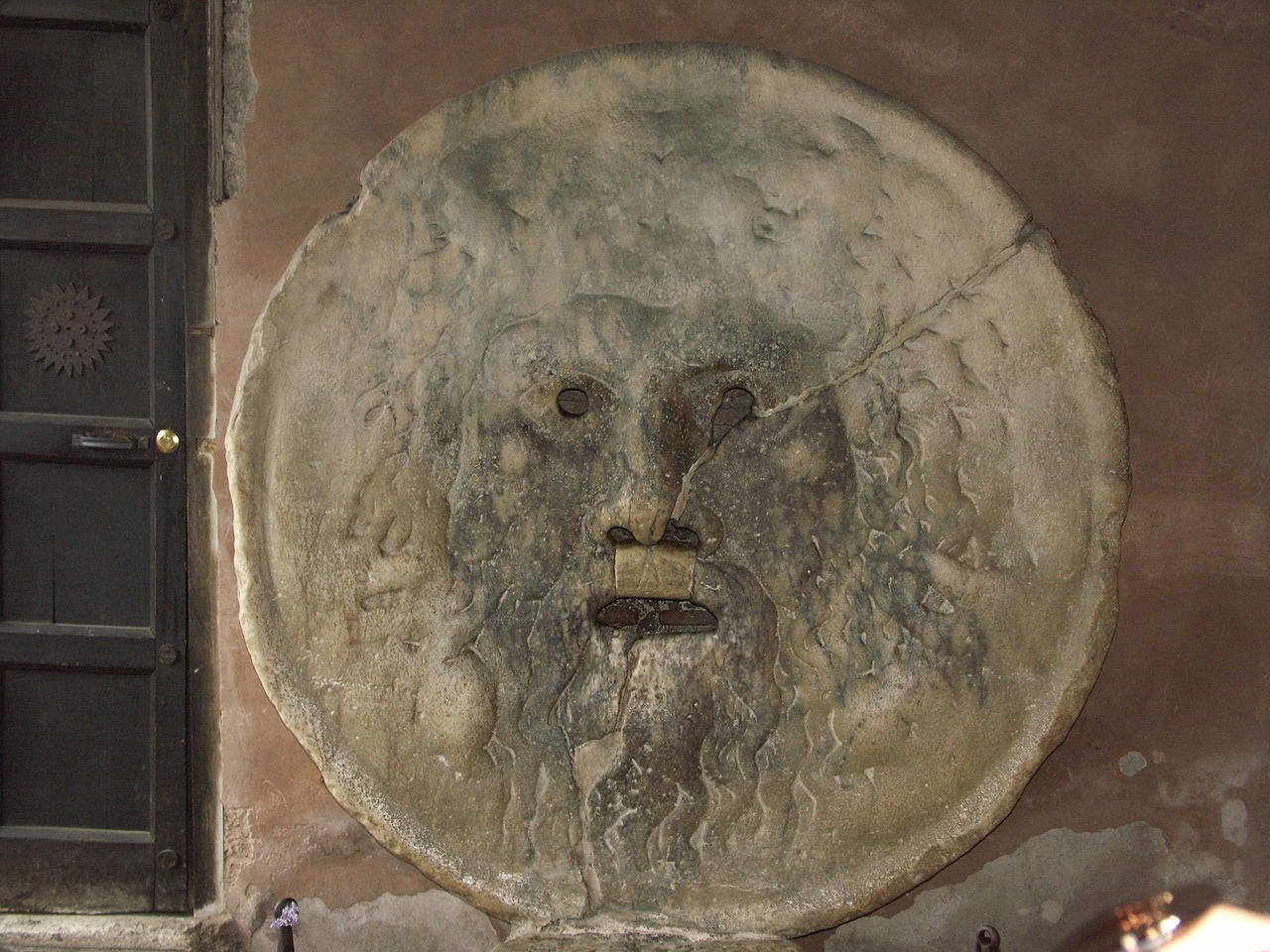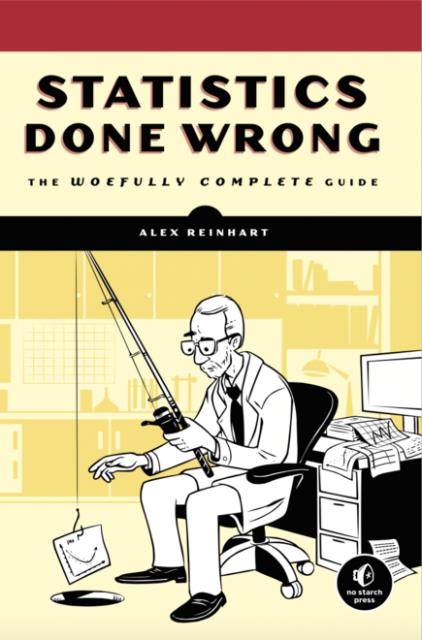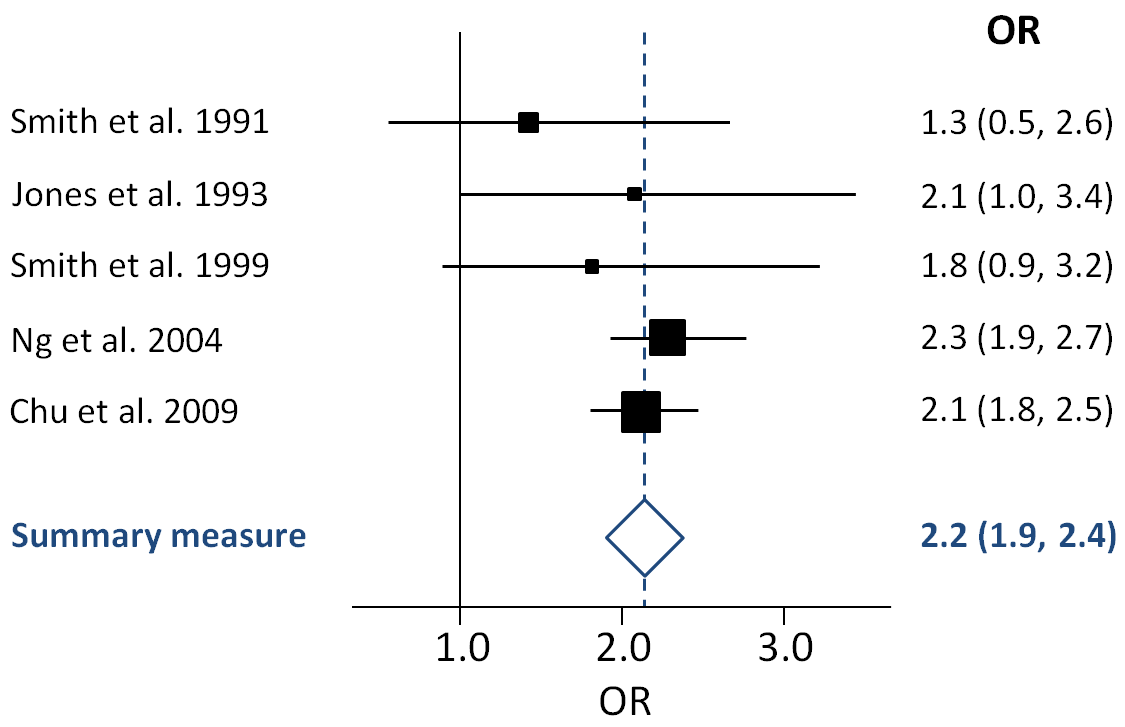Results for: publication bias

Why Do Things That Are Unlikely to Harm Us Get the Most Attention?
We are very bad at assessing risk, often giving the most attention to the things that are least likely to harm us. Geoffrey Kabat's new book teaches us how to think more clearly about scientific studies of environmental health risks.

Corrigendum. The Week in SBM for 01.29.2017
Not every article and study that pops up my feeds in the world of pseudo-medicine is worthy of a complete blog post. But they need to be noticed and commented upon: FDA confirms elevated levels of belladonna in certain homeopathic teething products. Homeopaths prove water not toxic to fish. Lots of acupuncture recommendations, little good data. Everything is CAM. And more! Duty...

Chinese BioMedical Research: Sturgeon’s Law In Action
A Chinese government investigation has found that 80%, yes eighty percent, of Chinese biomedical research is fabricated. I bet that is an underestimate for Traditional Chinese Pseudo-Medicine.

Diet and exercise versus cancer: A science-based view
Yes, diet and exercise can be useful to prevent some cancers. Unfortunately, they don't prevent all cancers, and the effect size is more modest than often represented. That's not to say that eating right and exercise aren't good. They are, for so many other reasons than cancer. Just don't view them as a panacea for preventing cancer.

Statistics Done Wrong, And How To Do Better
Statistics is hard, often counterintuitive, and burdened with esoteric mathematical equations. Statistics classes can be boring and demanding; students might be tempted to call it “Sadistics.” Good statistics are essential to good research; unfortunately many scientists and even some statisticians are doing statistics wrong. Statistician Alex Reinhart has written a helpful book, Statistics Done Wrong: The Woefully Complete Guide, that every researcher...
No, a rat study with marginal results does not prove that cell phones cause cancer, no matter what Mother Jones and Consumer Reports say
There are certain myths that are frustratingly resistant to evidence, science, and reason. Some of these are basically medical conspiracy theories, where someone (industry and/or big pharma and/or physicians and/or the government) has slam-dunk evidence for harm but conspires to keep it from you, the people. For example, despite decades worth of negative studies, the belief that vaccines are harmful, causing conditions...

P Value Under Fire
The greatest strength of science is that it is self-critical. Scientists are not only critical of specific claims and the evidence for those claims, but they are critical of the process of science itself. That criticism is constructive – it is designed to make the process better, more efficient, and more reliable. One aspect of the process of science that has received...

Reporting results from clinical trials is vital for science-based medicine
Clinical trials must report on their outcomes, irrespective their results. Doctors and their patients need all the information, not just the good news stories, to make informed decisions.
Are guidelines for calcium and vitamin D rooted in evidence, or vested interests?
Do osteoporosis guidelines overstate the benefits of calcium and vitamin D supplements? And is their continued presence due to vested interests and conflicts of interest? That’s the provocative argument made by Andrew Grey and Marc Bolland, two endocrinologists who recently detailed their analysis in The BMJ, in a paper entitled “Web of industry, advocacy, and academia in the management of osteoporosis” [PDF]....
Should physicians and managed care organizations offer homeopathy?
Anyone who reads Science-Based Medicine on even a semi-regular basis will know our collective opinion of homeopathy. Basically, at its core, homeopathy is pure quackery. I don’t care if it’s repetitive to say this yet again because it can’t be emphasized enough times that homeopathy is The One Quackery To Rule Them All. OK, there are others that compete for that title,...

